Oh, winter. There are so many reasons to love you. Warm, cozy nights by the fire, weekend ski trips with friends, the wholesomeness of the holiday season. We could go on and on. Despite all the things to adore about the cooler months, we would be lying if we said we didn't absolutely dread what happens to our skin when the chill rolls in.
As winter descends, the combination of cold air outside and heated air inside can wreak complete havoc on our skin. While many of us are familiar with the common practices of moisturizing regularly and drinking plenty of water, there are several lesser-known skincare tips that can help keep our skin radiant and healthy during the chilly months.
Throughout our years spent in the beauty industry, we've compiled quite a list of these "secret golden-rules" to help us greet spring with glowing, moisturized, supple complexions. Ahead, we break it all down for you.
MOISTURIZE THE RIGHT WAY: Rather than hastily rubbing your moisturizer on, dot the product onto your face (+ your neck and décolletage!) and gently press it in. This is a more effective and gentle method of application. Think of your skin as a sponge. You want all of that goodness and moisture reaching deep into your skin, not just sitting on its surface. Additionally, pressing avoids unnecessary tugging and pulling on the skin, which can lead to premature wrinkles and sagging over time. It also helps in maintaining the skin's elasticity and avoids causing potential irritation, especially for those with sensitive skin.
Pro Tip: Replace your summer gel moisturizer with a richer cream moisturizer in the winter. Whichever cream you choose, pay attention to the ingredients. Oftentimes, low quality moisturizers only give your skin the feeling of being supple and moisturized due to silicones that do nothing but sit on the skin's surface.
Pro Tip: If you have oily skin and are experiencing dryness, a rich moisturizer may not work for you. Instead, try applying an occlusive to the driest areas of your skin or searching for a lighter cream formula.

MOISTURIZE AT THE RIGHT TIME: Now, on to what we would argue is equally as important as the type of moisturizer you use – when you apply it. The prime time to apply your moisturizer (or serum if you're using that first) is right after showering or washing your face. It isn't even necessary to dry your skin completely before applying - in fact, it's actually better to apply it when your skin is still a bit damp. This ensures your moisturizer is also locking in the water that's already on your face.
Pro Tip: This tip goes for body lotion, too! The sooner after a shower, the better.
Pro Tip: A hydrating mist works wonderfully for this tip, too. After cleansing, apply a hydrating mist before layering on your serum and moisturizer. This provides extra hydration and helps the subsequent products absorb better.

CONSIDER AN OMEGA-3 SUPPLEMENT: Our friends who suffer from especially dry skin and dry eyes in the winter swear by this tip. Fish supplements aren’t the only option, either. Some of our team members swear by vegan algae omega, like this one. *Always speak with your doctor before introducing any new supplements into your diet to ensure they don't interact poorly with any medications you may be taking / to make sure you tolerate them well.
Pro Tip: Up your omega-3's in general, outside of a supplement! Foods with high omega-3 levels include: salmon, flaxseed, wild rice, oysters, spinach, red lentils, and winter squash.

SKIP LONG, HOT SHOWERS: This can be a hard one to practice regularly during chillier months, but, for the sake of our skin, totally worth it. Water strips necessary oils from our skin, especially hot water. If you live somewhere with hard water, it's even worse. Try and limit your showers to maximum 10 minutes, less if you insist on hot water.
Pro Tip: End your showers with cold water. This can tighten the skin and close pores, reducing the loss of natural oils. Cold water rinses also help add some shine to your hair by sealing up the cuticles. Win win! *Make sure to speak with your doctor before experimenting with cold water rinses, as they have the potential to cause issues for individuals with certain health conditions.
Pro Tip: Two words. Oatmeal. Bath. If you suffer from eczema or generally feel extra itchy and dry during the winter, an oatmeal bath can provide much-needed relief due to it's powerful anti-inflammatory properties. You can purchase a pre-made oatmeal bath mix or make one yourself. Simply grind oatmeal in a blender and add it to your bath.

INVEST IN A HUMIDIFIER: Possibly the biggest reason skin dries out during the winter is because of the drier winter air. A humidifier is a great way to counteract this. Place the humidifier somewhere close to you, such as on a nightstand, and keep it running throughout the night. You'd be surprised at how much of a difference a humidifier can make in how your skin looks and feels upon waking up during the cooler months! If you work from home, a smaller humidifier to fit on your desk could be a great option.
Pro Tip: We recommend a warm mist humidifier - it doesn’t get as germy or make the air feel as clammy as a cool mist humidifier can. We're fans of the Canopy Humidifier because it inhibits mold-growth and is dishwasher safe!

EAT YOUR AVOCADOS: Eating healthy fats like avocados has been proven to help maintain supple, bouncy skin. The monounsaturated fats in avocados help to keep skin hydrated and supple, fighting the dryness that comes with the cooler months. Vitamins E and C, both very abundant in avocados, play a crucial role in skin health; Vitamin E acts as an antioxidant that helps protect the skin from oxidative damage, while Vitamin C is essential for collagen production, promoting skin elasticity and firmness.
Pro Tip: Kale is another golden food to stock up on in the cooler months. Kale is jam-packed with Vitamin C (just one cup contains 50% more Vitamin C than the daily recommendation). Vitamin C aids your skin in cell renewal and growth, which will help keep your complexion looking bright.

EXFOLIATE, BUT DO SO GENTLY: Exfoliation sluffs away dead skin cells and increases cellular turnover, revealing a smooth, fresh-faced complexion. Exfoliation is very important, yes, but we believe if you're going to use a harsh physical exfoliant rather than a chemical one, you're better off not exfoliating at all. Chemical exfoliation is truly one of the best, if not the very best form of exfoliation, especially for the face, as it avoids causing irritation (when it's used correctly). Physical exfoliants have been noted to cause micro-tears in the skin, which may not be visible to the naked eye at first but can cause irreparable damage if used often enough. Aim to exfoliate once per week, every other week if your skin isn’t tolerating it well.
Pro Tip: Focus on chemical exfoliants within these groups: Alpha Hydroxy Acids (AHAs), Beta Hydroxy Acid (BHA), Polyhydroxy Acids (PHAs). Another one is Azelaic Acid. It isn't an AHA or BHA, but still deserves a mention because it gently exfoliates while reducing inflammation, making it suitable for sensitive skin, rosacea, and those with acne.

SWITCH TO CREAM CLEANSERS: Gel and foam cleansers often contain surfactants that can strip the skin of its natural oils, leaving it feeling tight and parched. In contrast, cream cleansers are formulated with emollient ingredients that gently cleanse without compromising the skin's natural moisture barrier. Their creamy consistency not only helps in effectively removing dirt and impurities but also imparts hydration.
Pro Tip: Switch from splashing water on your face after cleansing to removing the cleanser with a warm, wet washcloth. Trust us, you'll never look back. Not only does this keep water from getting everywhere, but it more effectively removes cleanser residue than just water alone. Just make sure to pat the cleanser away GENTLY. Do not tug on the skin.

TRY MICELLAR WATER: Micellar water is a gentle cleansing alternative composed of tiny micelle molecules suspended in soft water. Traditional face washes can strip the skin of its natural oils, exacerbating dryness and causing a feeling of tightness. In contrast, micellar water effectively removes dirt and makeup without disturbing the skin's natural lipid barrier, thus helping to retain moisture and leaving the skin feeling hydrated and less tight.
Pro Tip: Cleansing with micellar water alone may not work for you if you have oily, acne-prone skin, and that's okay! If you want to experiment with micellar water, try using it to cleanse in the morning when your skin isn't full of pollutants and irritants from the day, which would normally require a more thorough washing.

USE A GENTLE TOOTHPASTE: We know, we know. Toothpaste? Really? Much like soaps, toothpaste can quickly dry out the thinner, delicate skin on our lips / around the mouth. Look for sulfate-free options, like Biotene. When we consistently using a gentle toothpaste, we notice our lips are way less prone to becoming chapped in chilly weather.
Pro Tip: To keep your sensitive lips feeling and looking supple and moisturized, make sure to keep a hydrating SPF lip balm on you at all times. Our SPF 30 Mineral Sport Lip Balm is formulated with an ultra-nourishing, moisturizing blend of Sweet Almond, Jojoba, and Argan Oils.

DON'T SKIMP ON THE SUNSCREEN: Just because the sun isn't as obvious in the winter doesn't mean wearing sunscreen everyday isn't necessary. And if you're on the slopes, it's even more crucial to apply and reapply your SPF throughout the day, as UV exposure is greater at higher altitudes.
Pro Tip: Looking for a seamless way to protect your skin from harsh UVA/UVB rays while also deeply moisturizing? Our best-selling SPF 45 Face Cream is your answer. We formulated this face cream with a smaller, more lightweight Hyaluronic Acid molecule, meaning it's able to penetrate your skin deeper, resulting in more effective, longer-lasting hydration.

TRY ROSEHIP OIL: When speaking about deep moisturization, Rosehip Oil deserves to stand on the same pedestal as Vitamin E in our opinion. Rosehip Oil is a potent natural moisturizer due to its very rich content of essential fatty acids, vitamins, and antioxidants. These compounds work synergistically to hydrate, repair, and rejuvenate the skin, improving its elasticity, reducing signs of aging, and imparting a healthy glow.
Pro Tip: Any skincare ingredient high in essential fatty acids will be great for moisturization.
Pro Tip: Have sensitive skin? Rosehip Oil may be a great choice for you. Its natural fatty acids and antioxidants can help soothe irritated skin, reduce redness, and promote healing. Make sure to conduct a patch test prior to fully applying it to your face.

SLEEP DEEPLY: Cherish your beauty sleep, for it's the unsung hero behind every fresh face. While we sleep, our bodies are busy repairing nearly every system in our bodies, including our skin, the largest system of them all. After a night of subpar slumber, our skin is the first to display signs of sleep deprivation. We all know what this looks like - a sunken-in, dark eye area, a dull complexion, and more prominent-looking lines and wrinkles. Although there isn't a one-size-fits-all answer to how long one should sleep for, the general rule of thumb is to aim for anywhere between 6-8 hours per night.
Pro Tip: Snack on 2 or 3 almonds or pistachios before bed. Almonds and pistachios are rich in healthy omegas, reparative antioxidants, and are naturally rich in melatonin! Both nuts also contain magnesium, a mineral that may also help you achieve a better and deeper night's sleep.

We hope this post helped you understand that winter skincare is a bit more nuanced than simply slathering on more cream. By incorporating these lesser-known tips into your routine, you can navigate the chilly season with a fresh, glowing complexion. Remember, every skin type is unique, so always test new products and approaches to find what's best for you. Stay radiant!
Cheers,
The Hampton Sun Team
Note: all products mentioned in this post have been chosen independently by Hampton Sun team members without paid incentives.



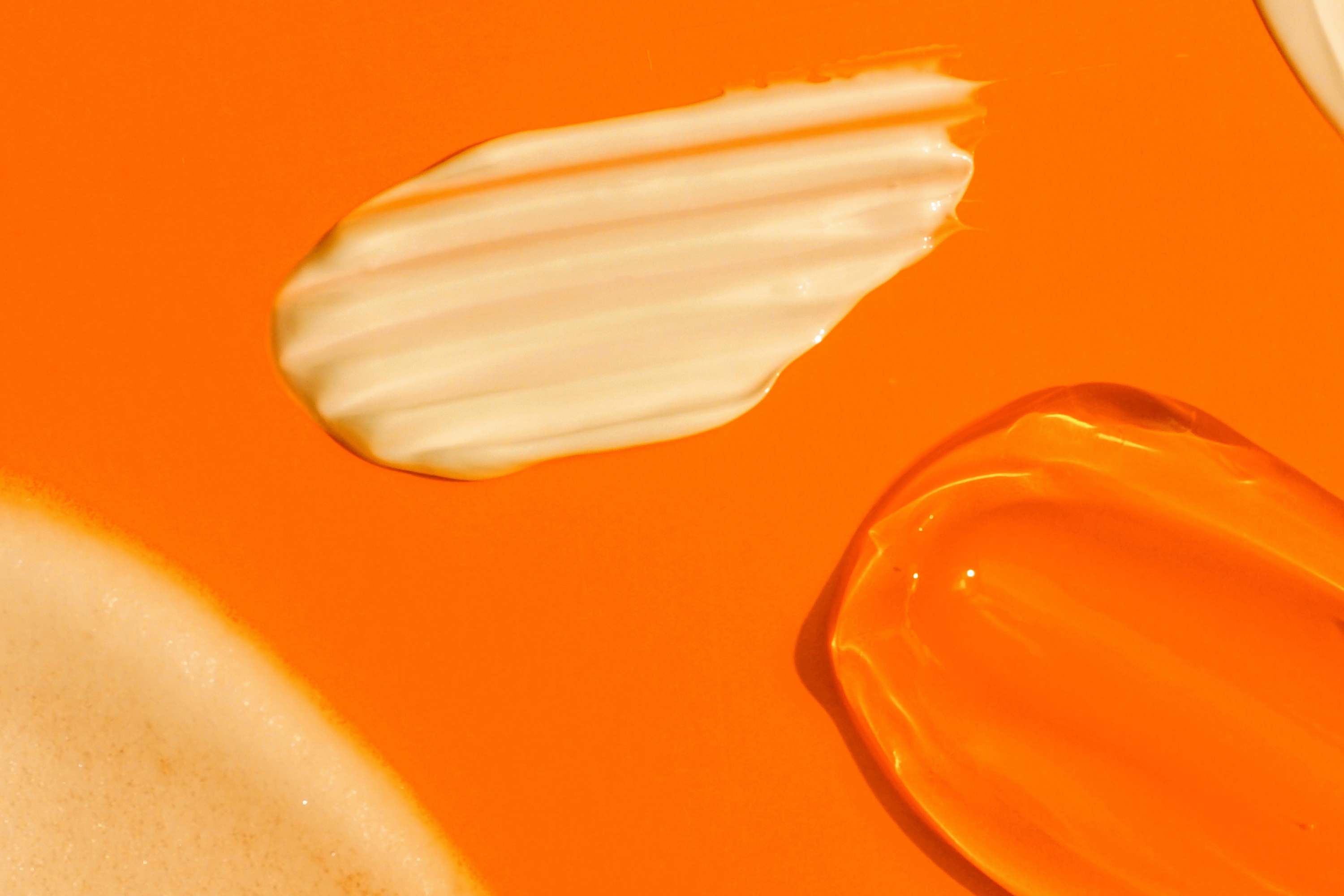

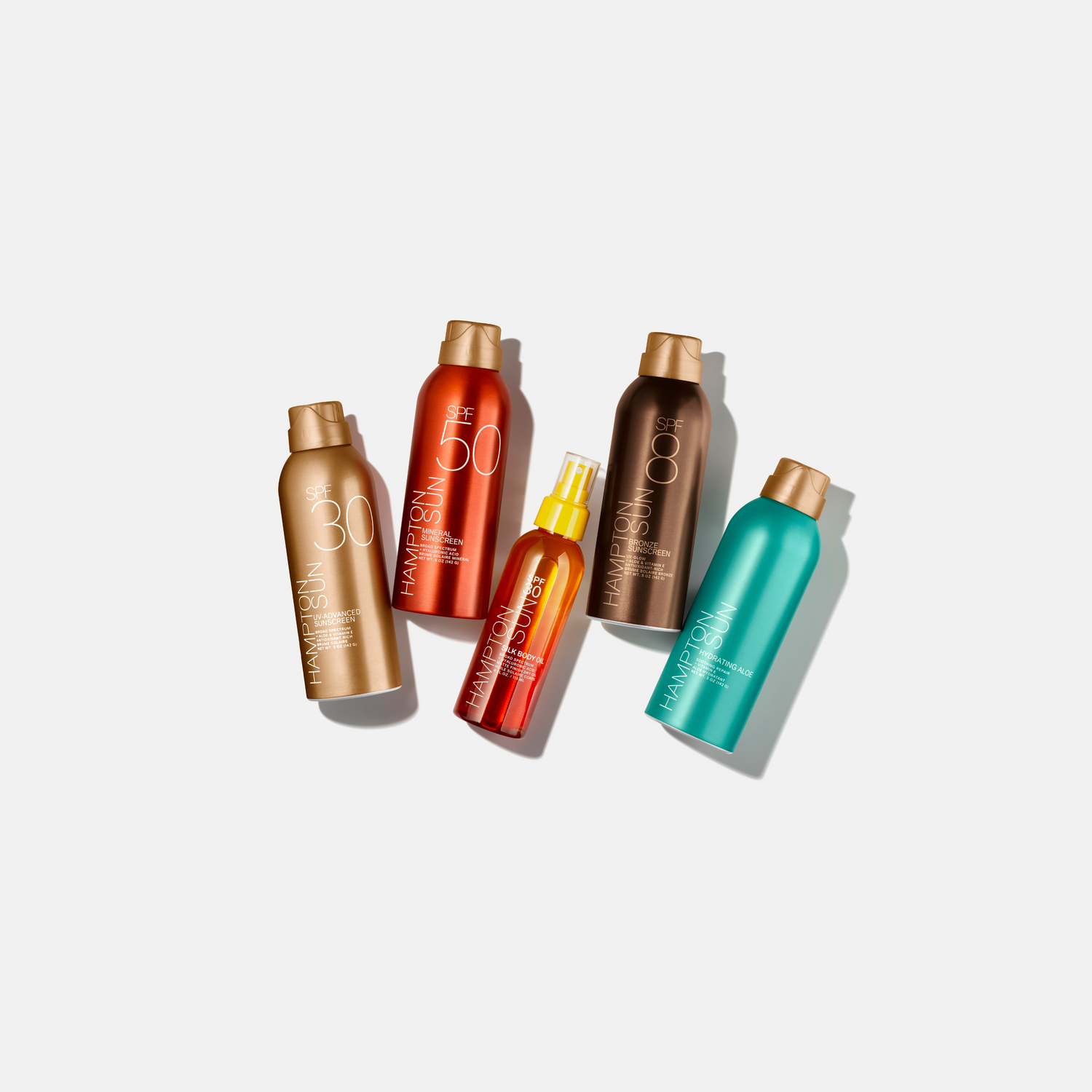

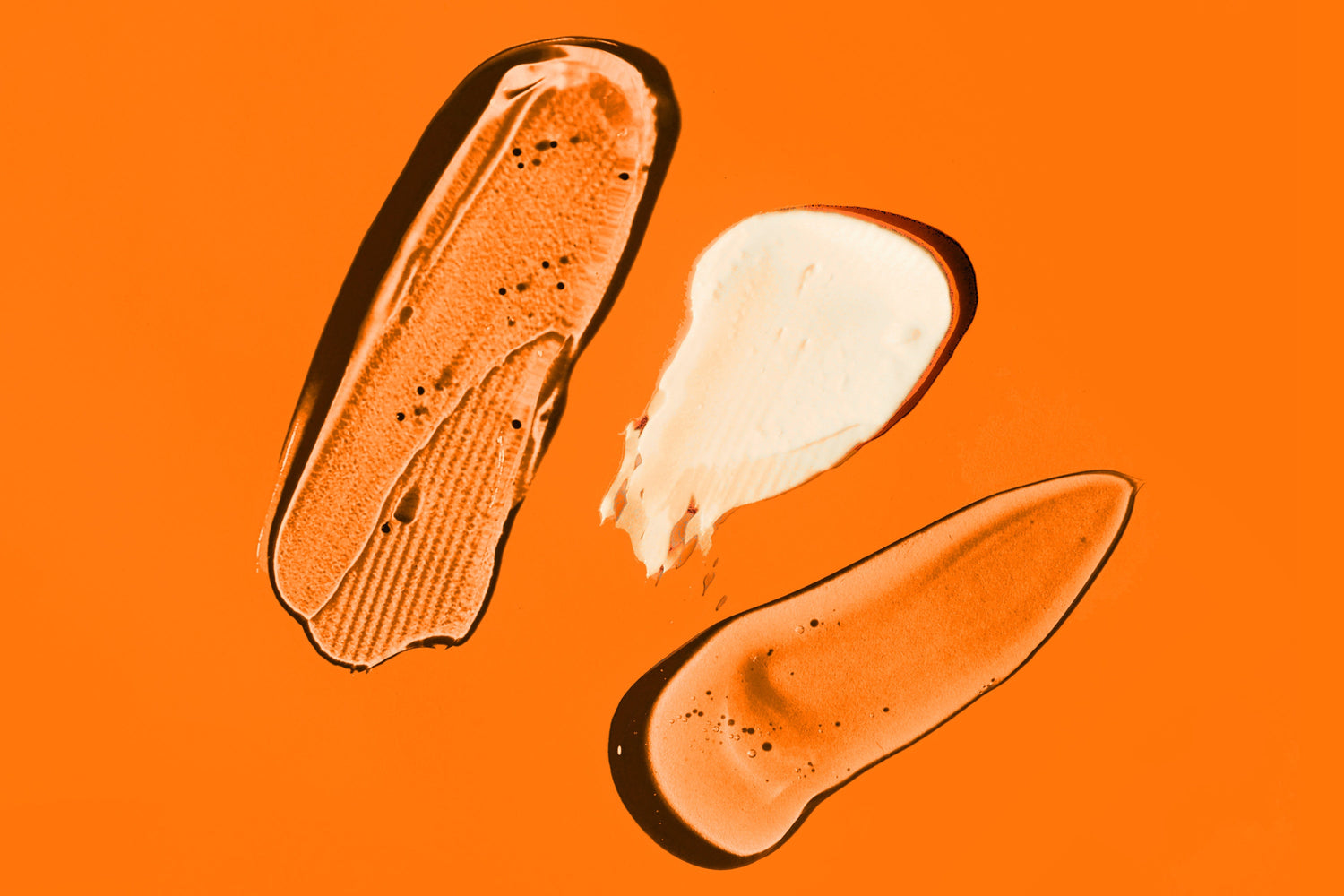

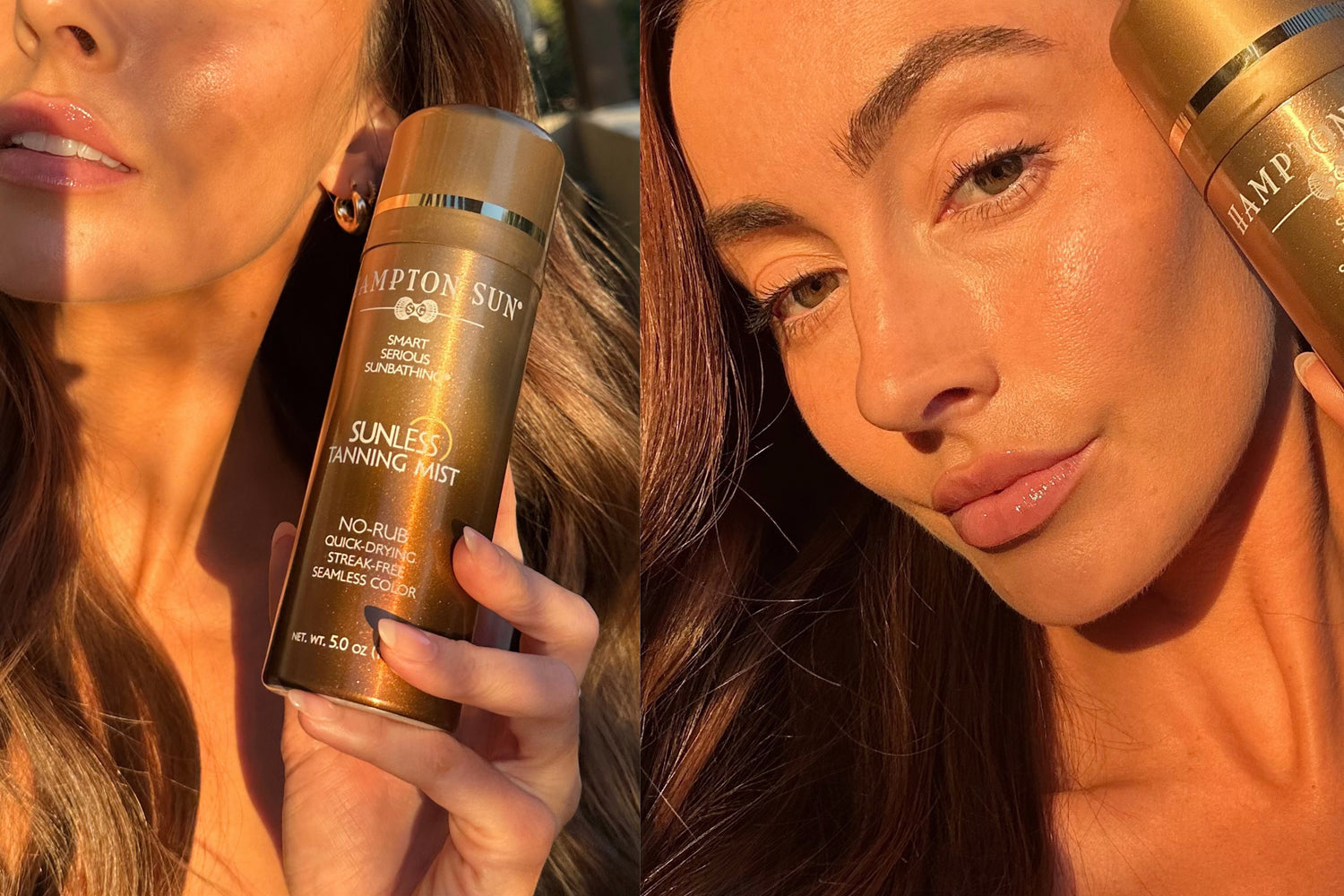
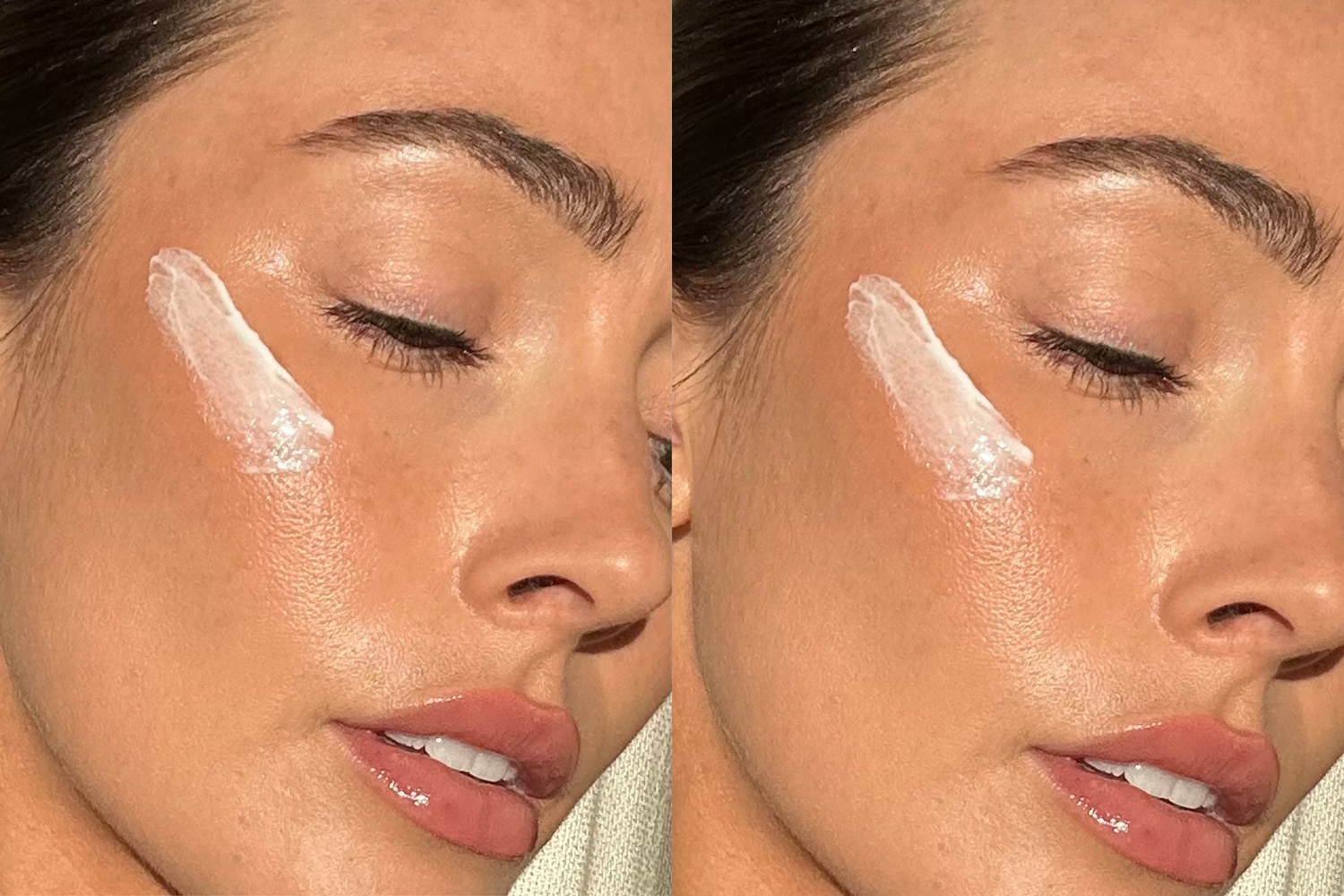
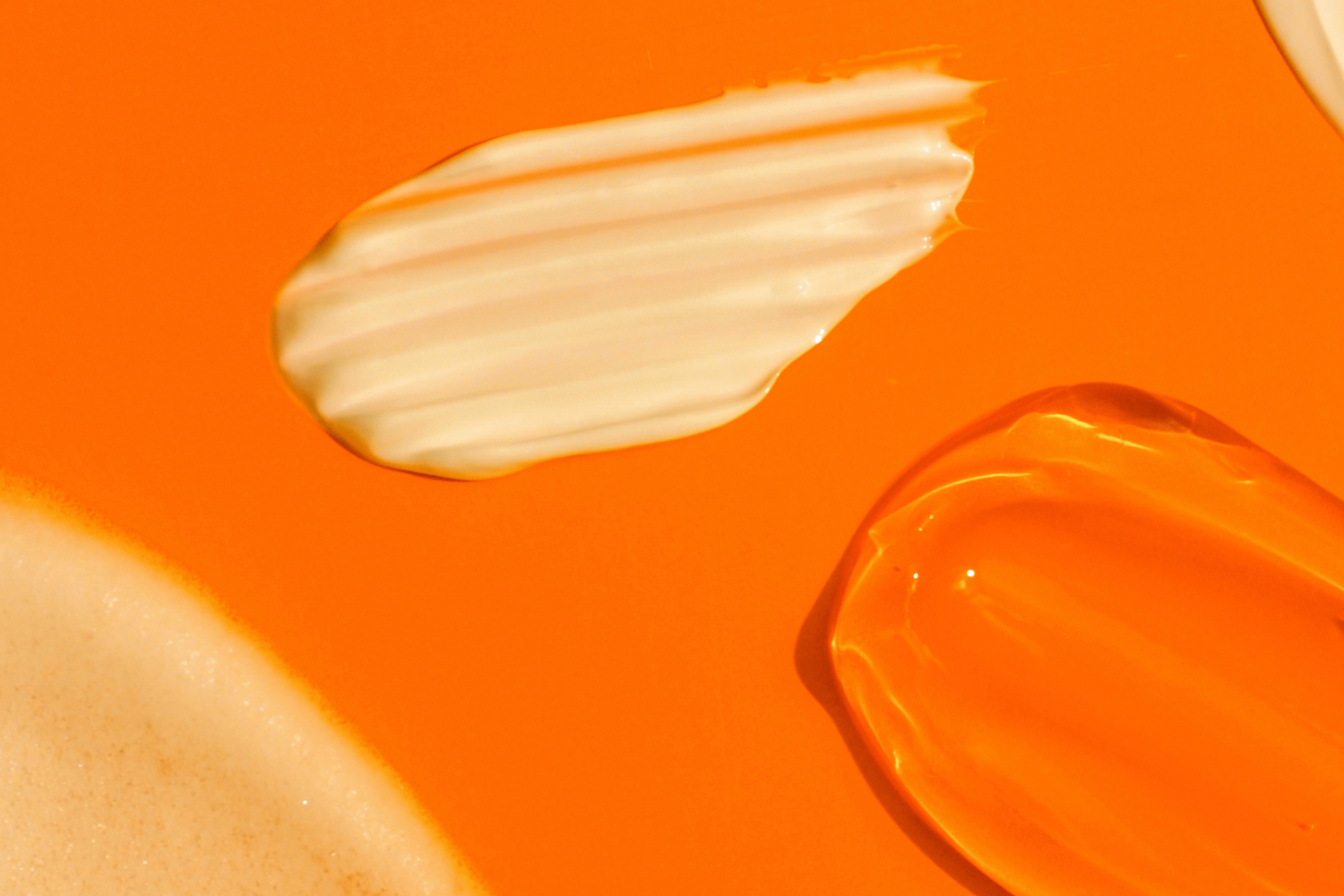

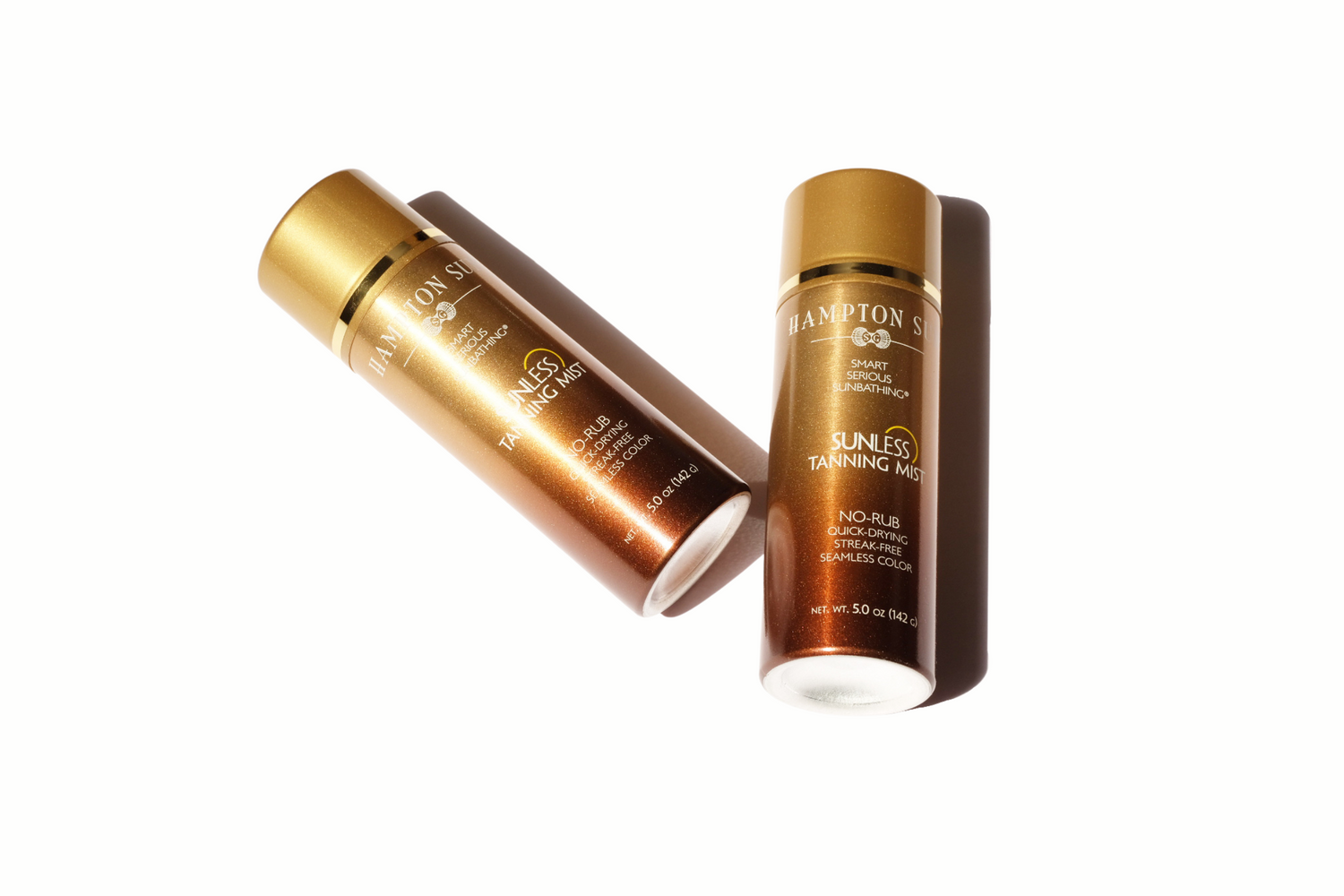

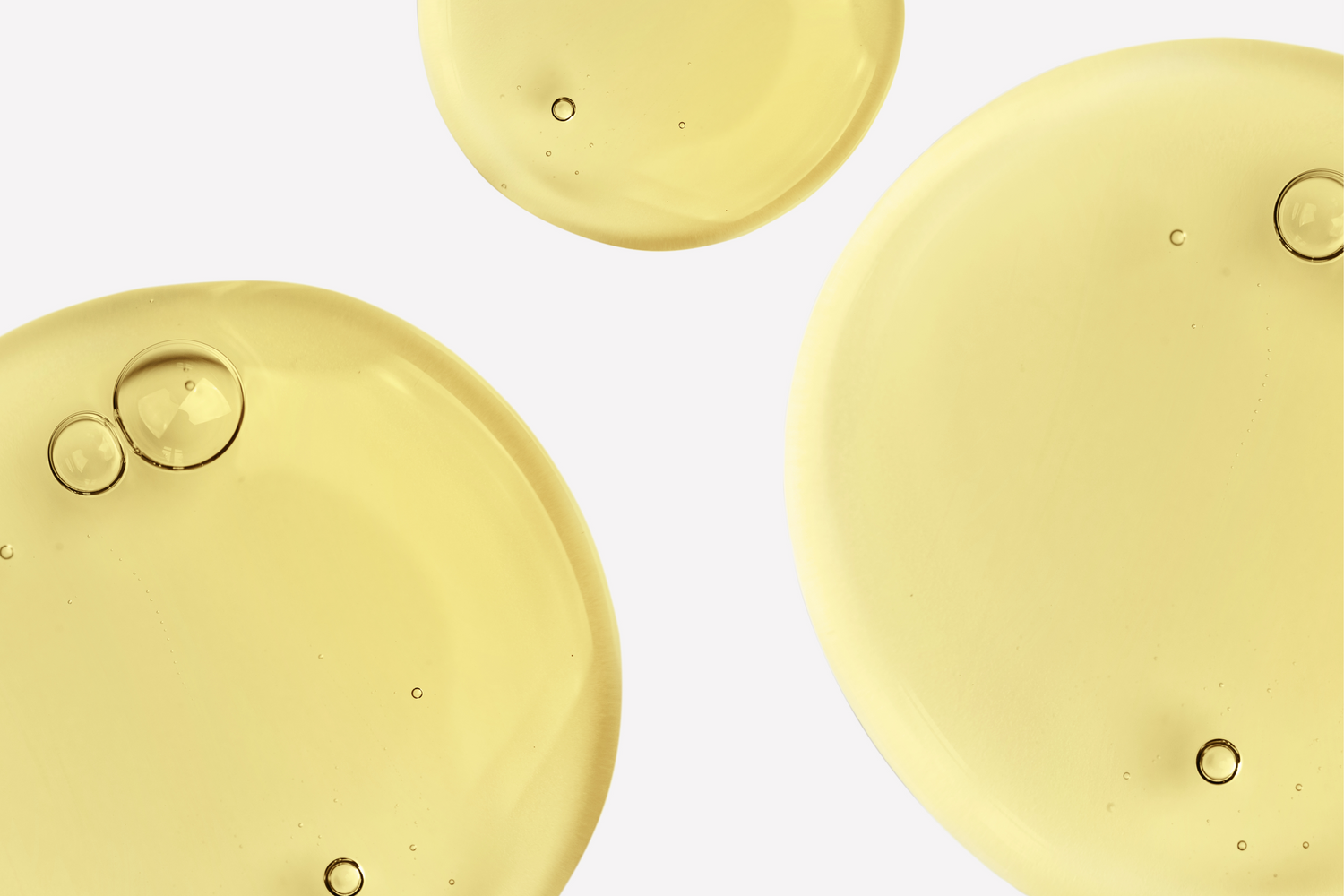
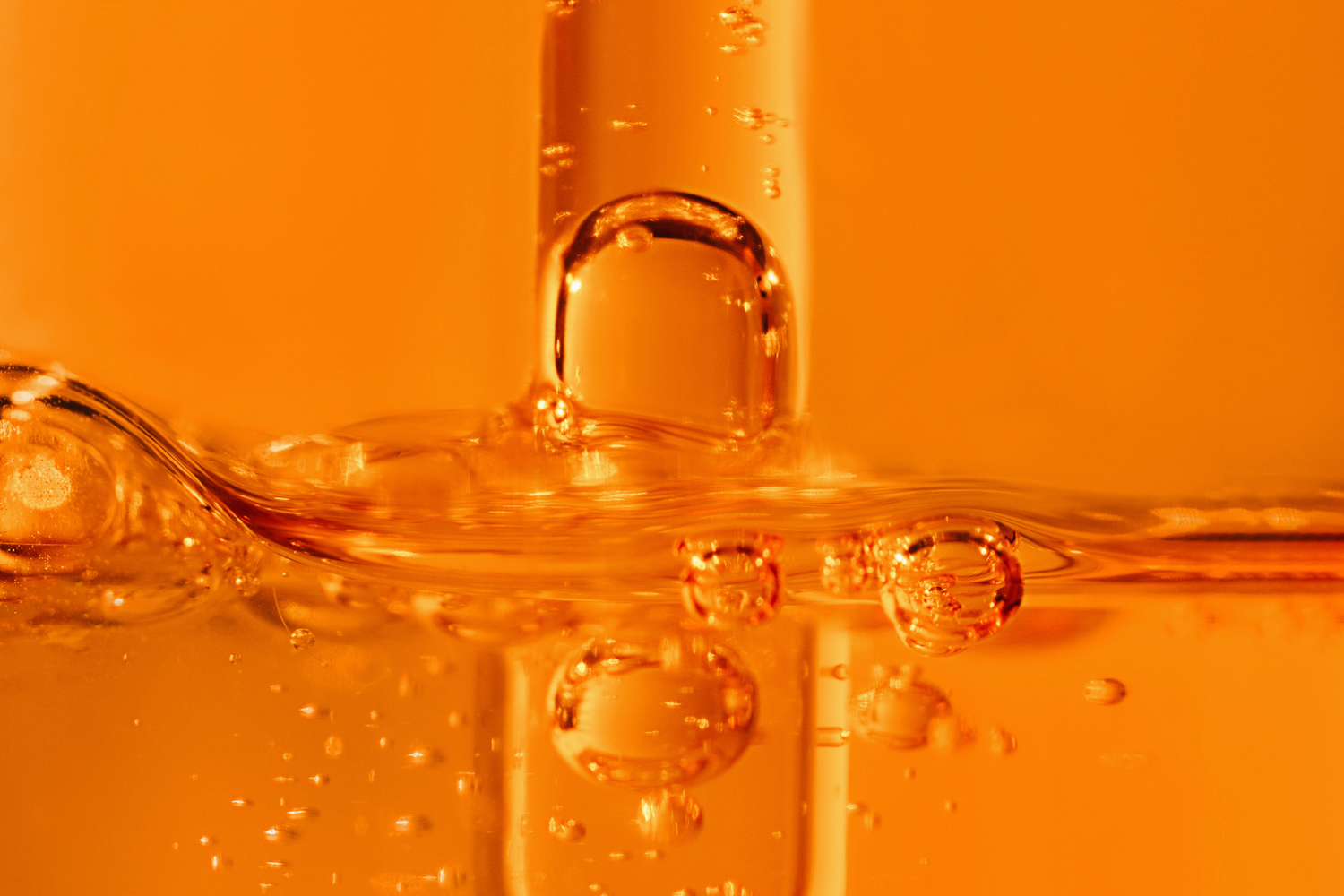

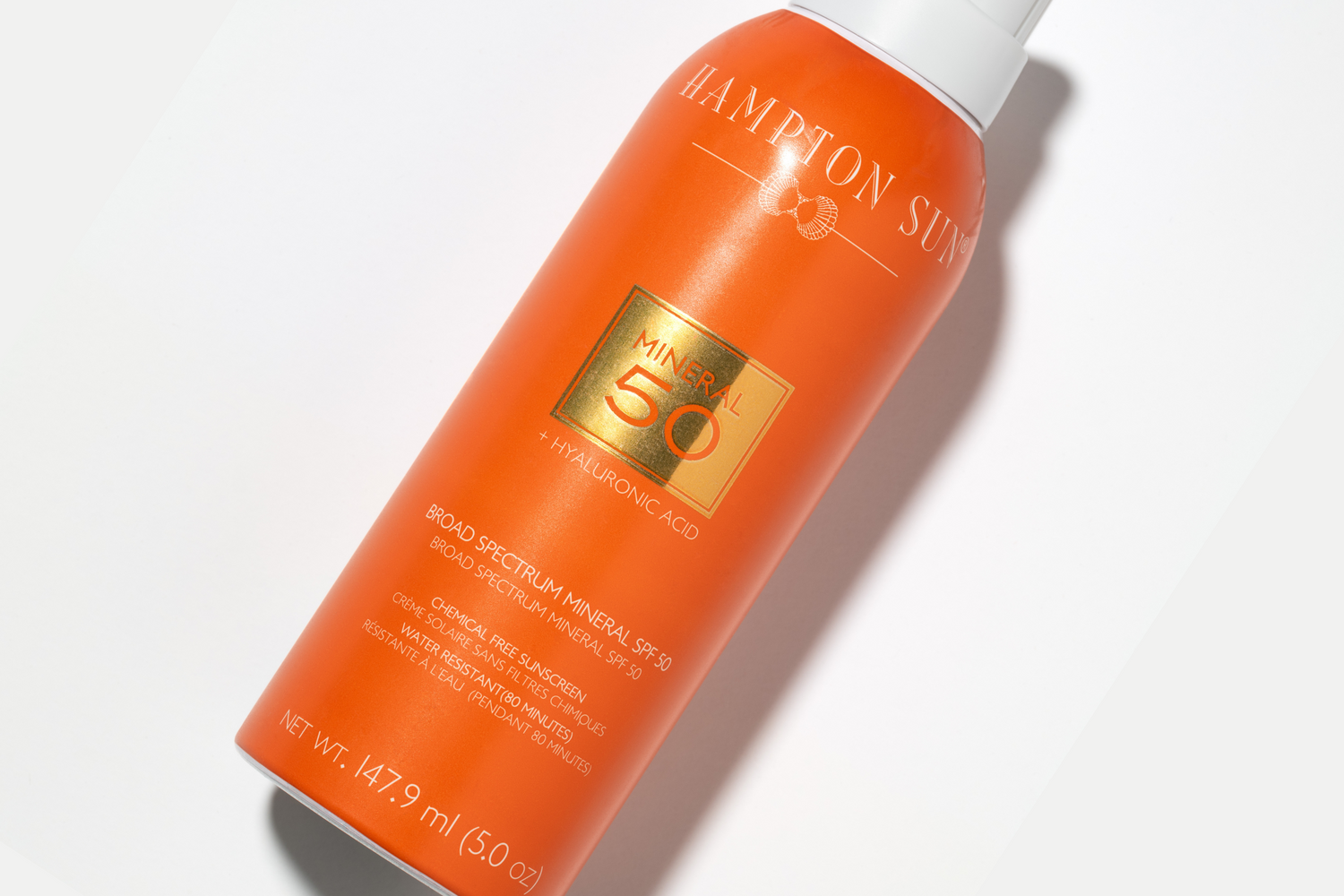
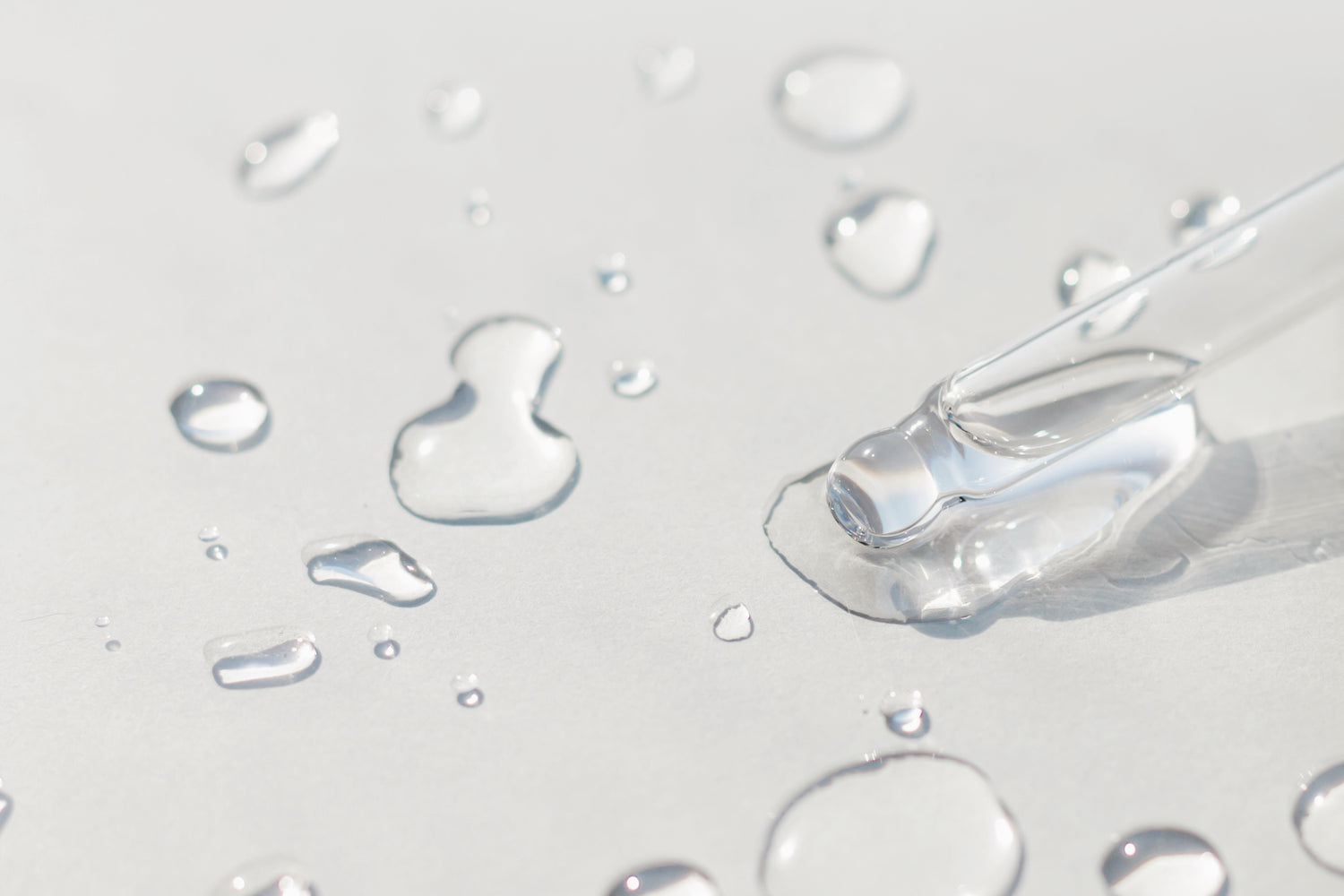
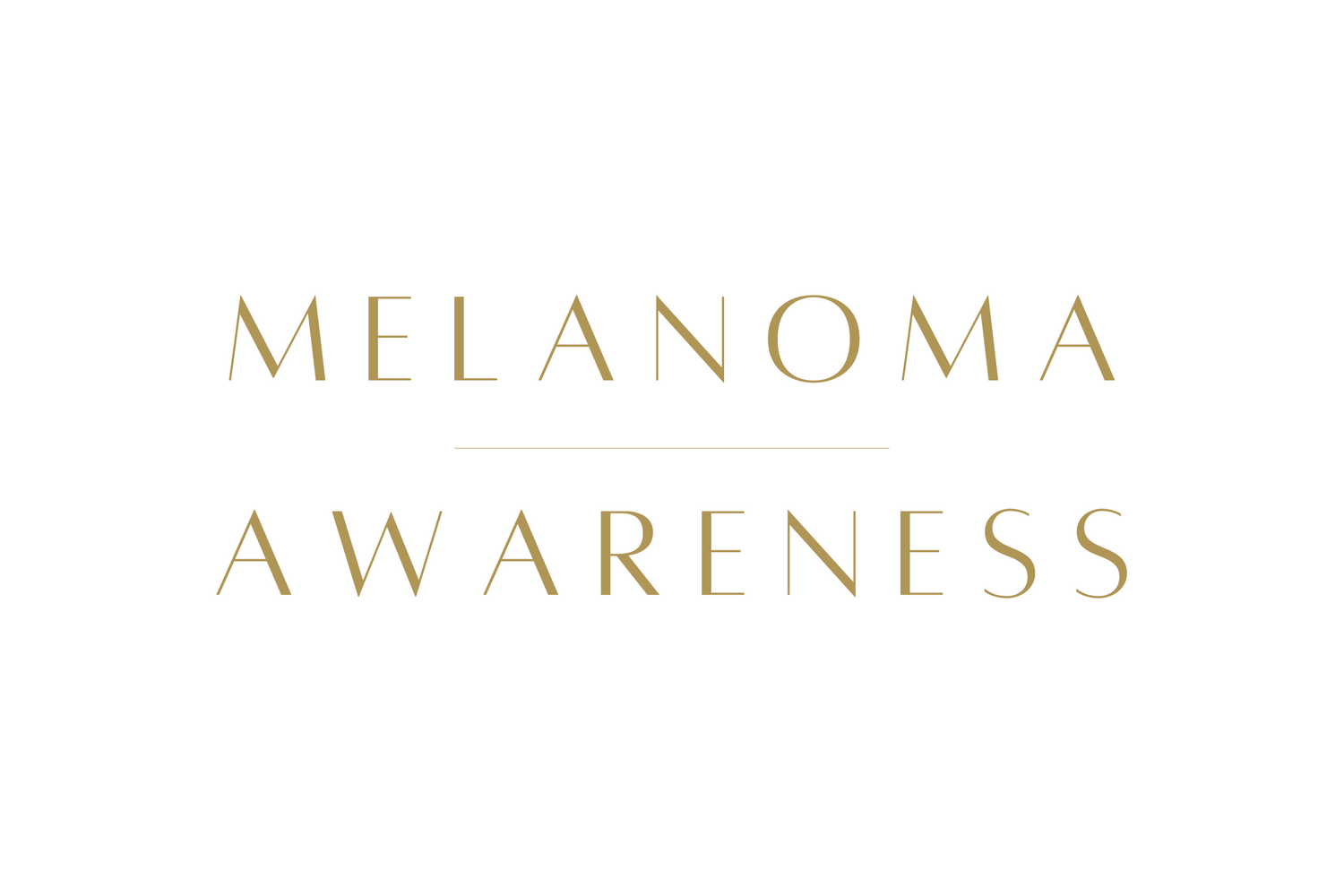
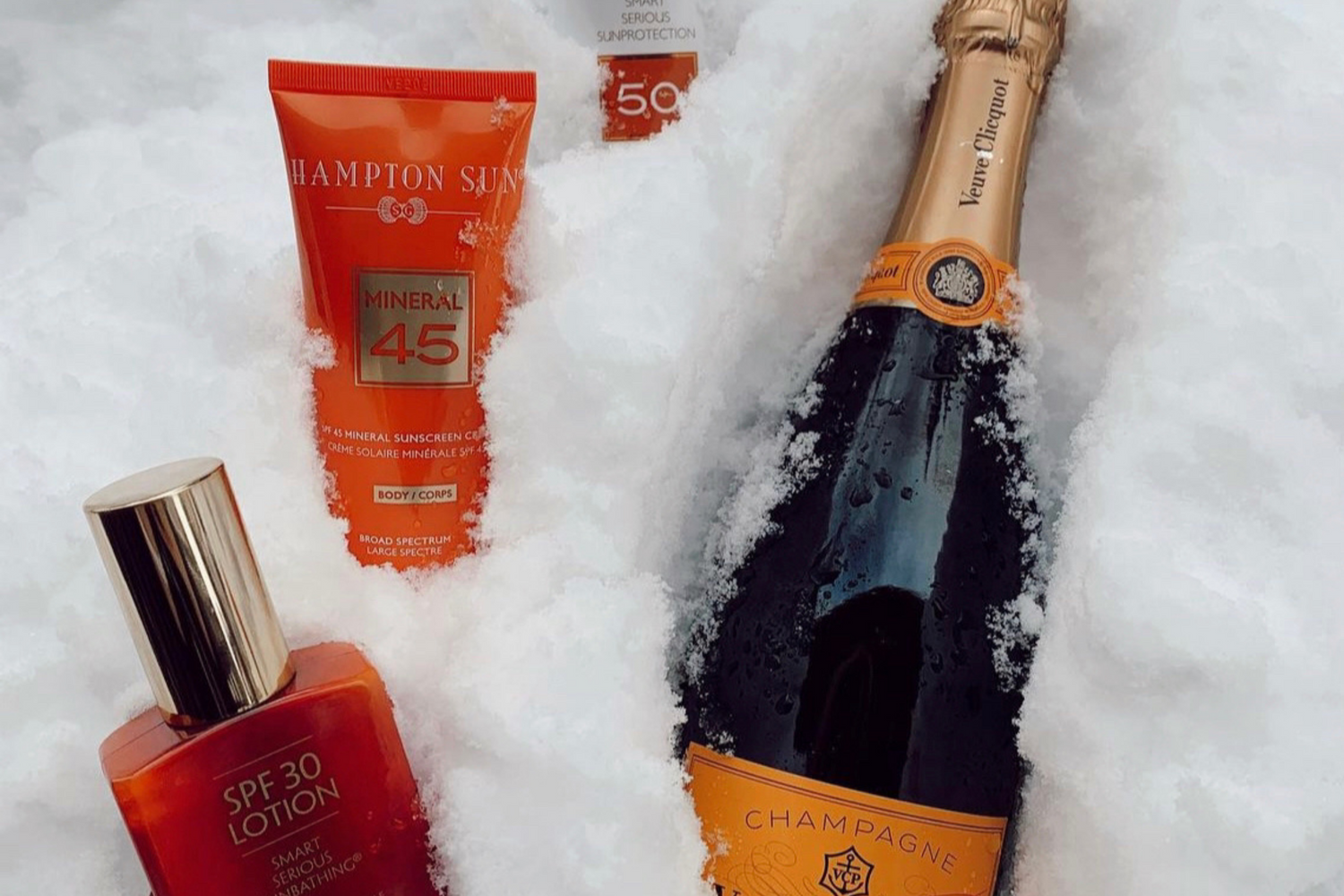

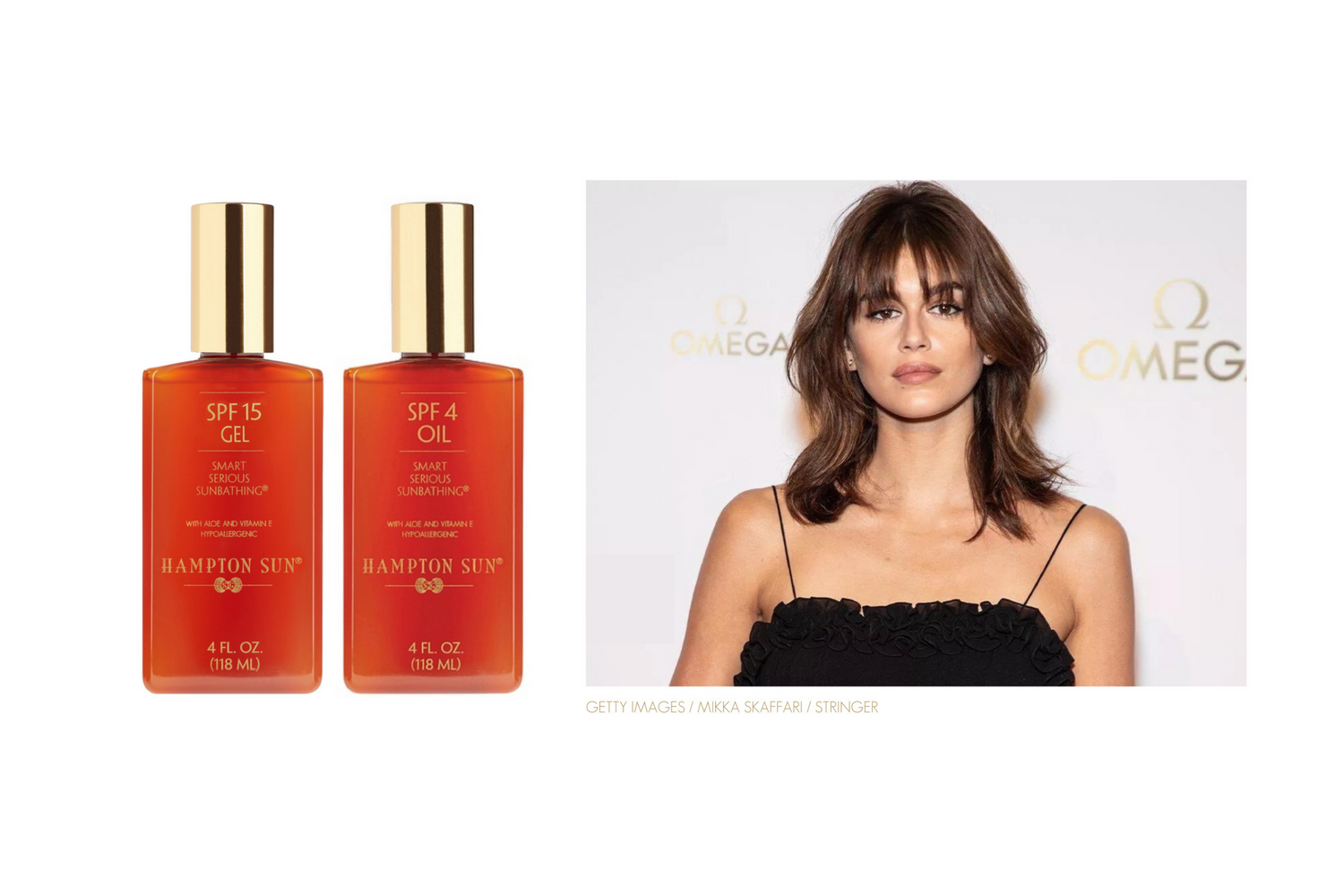
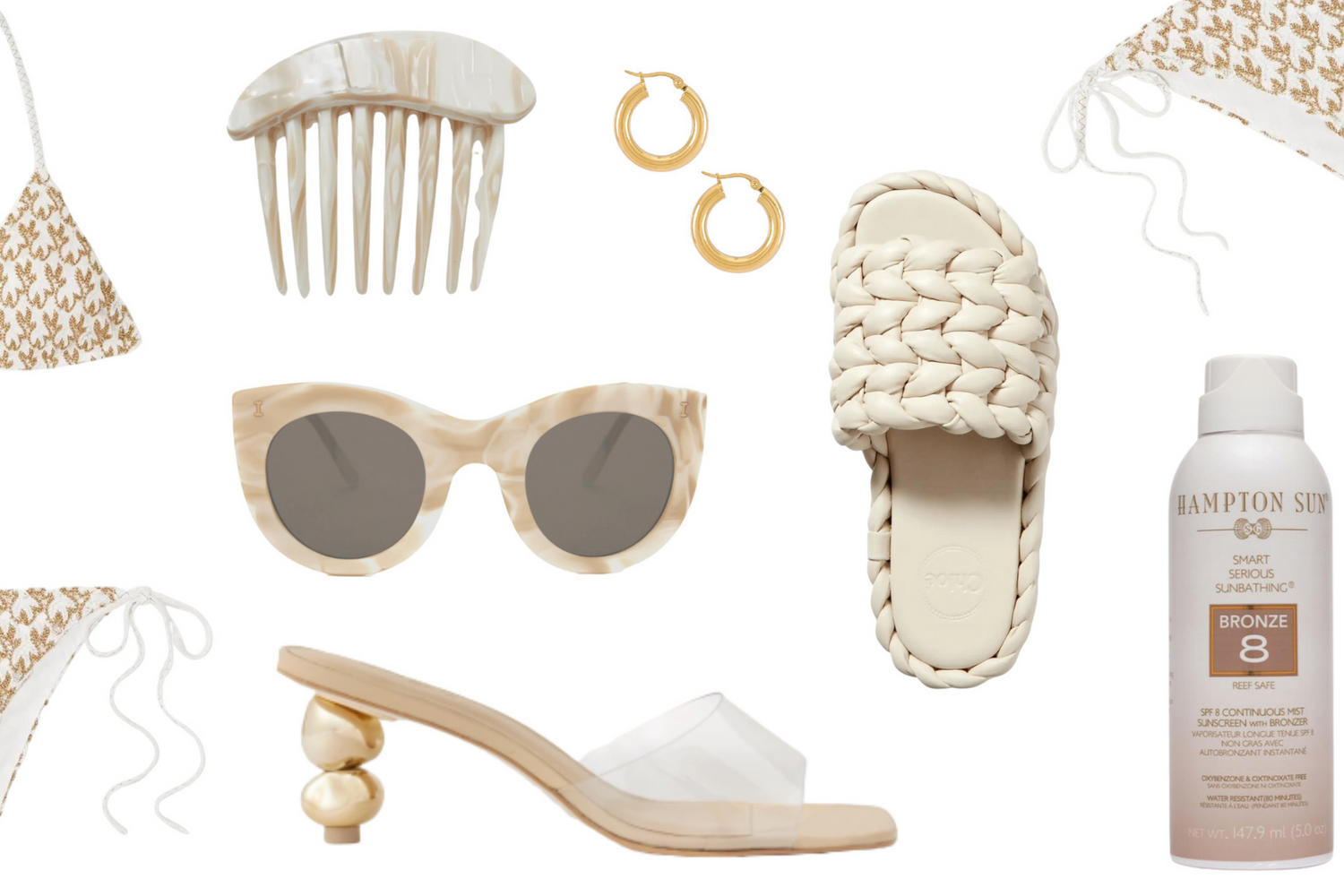


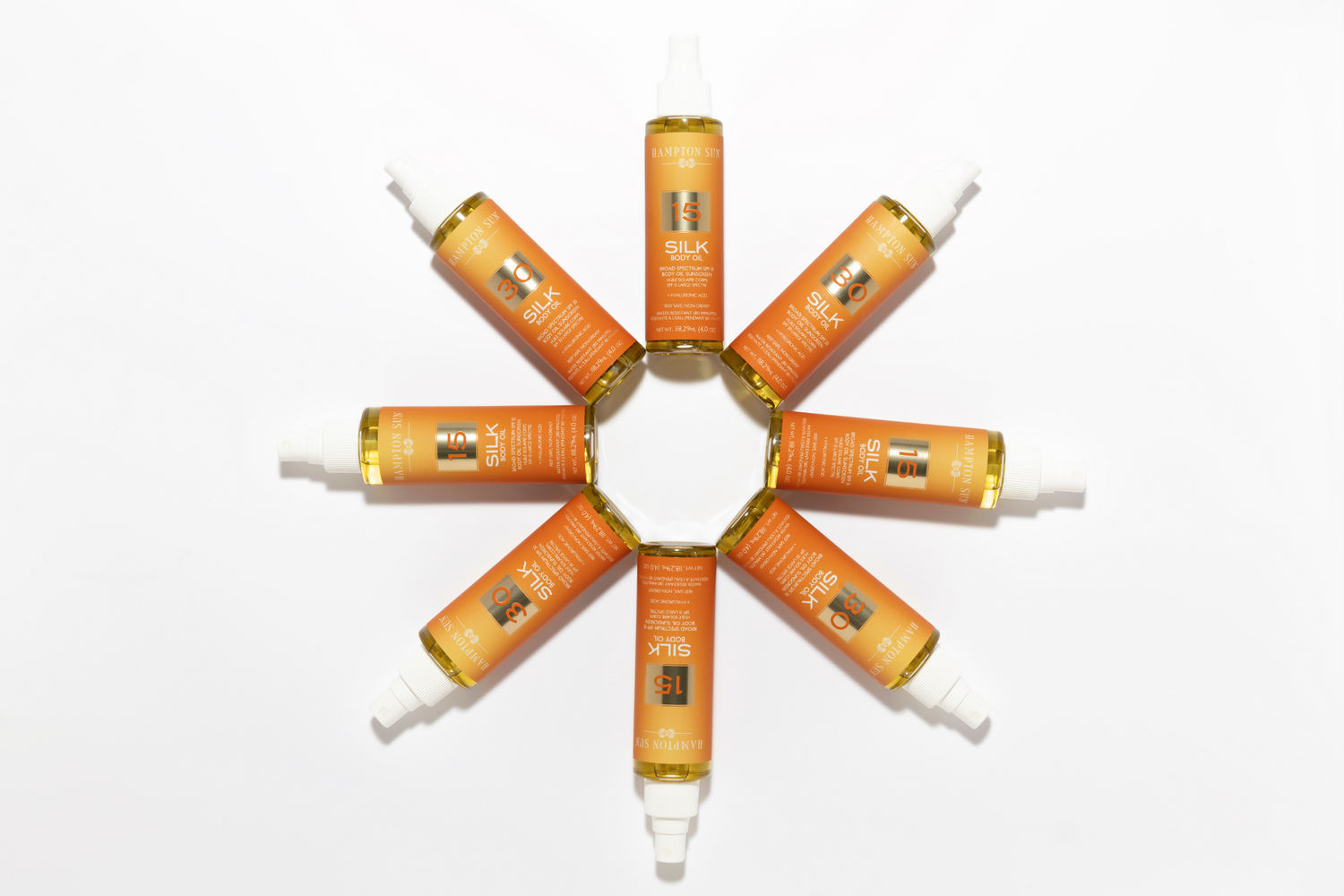
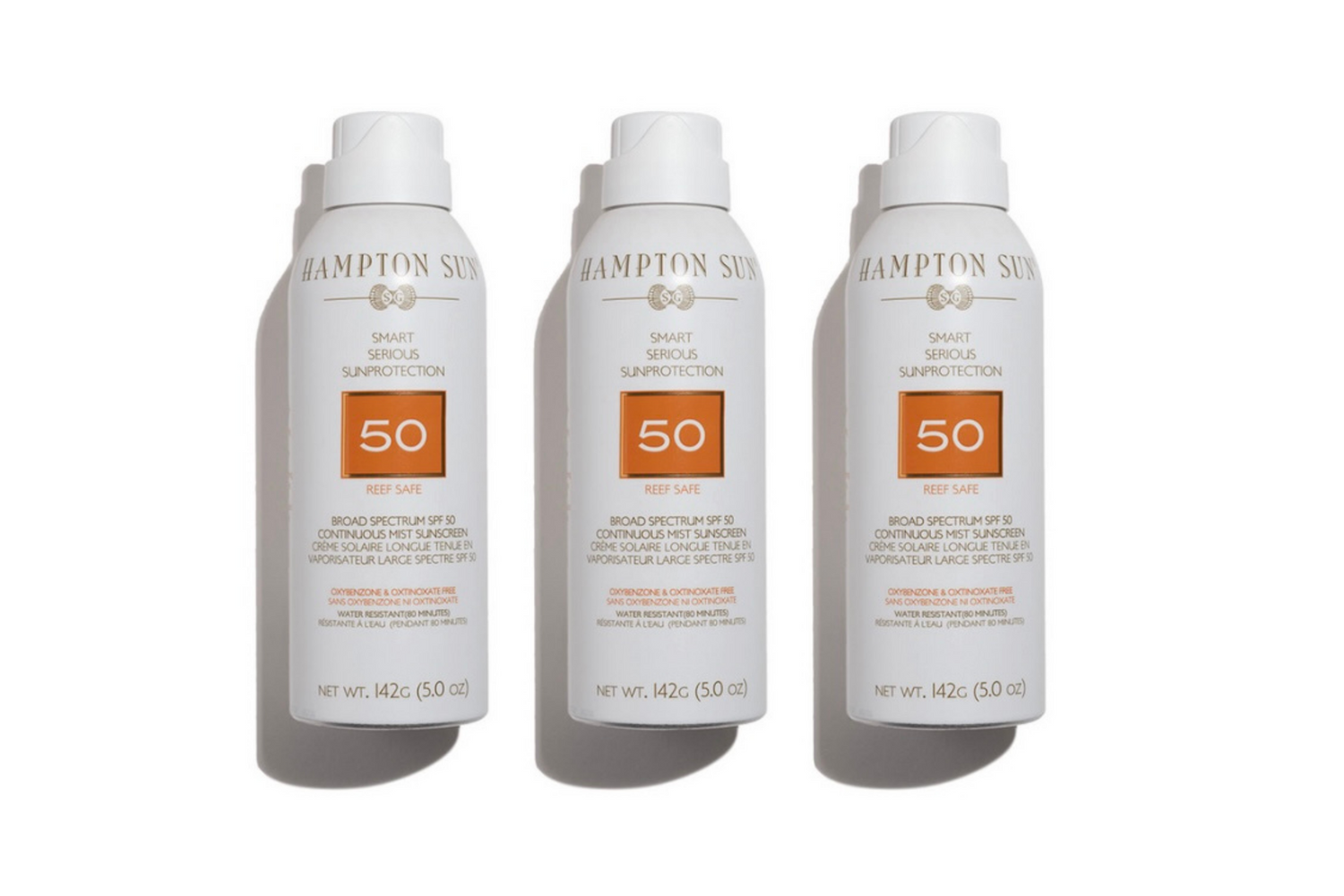
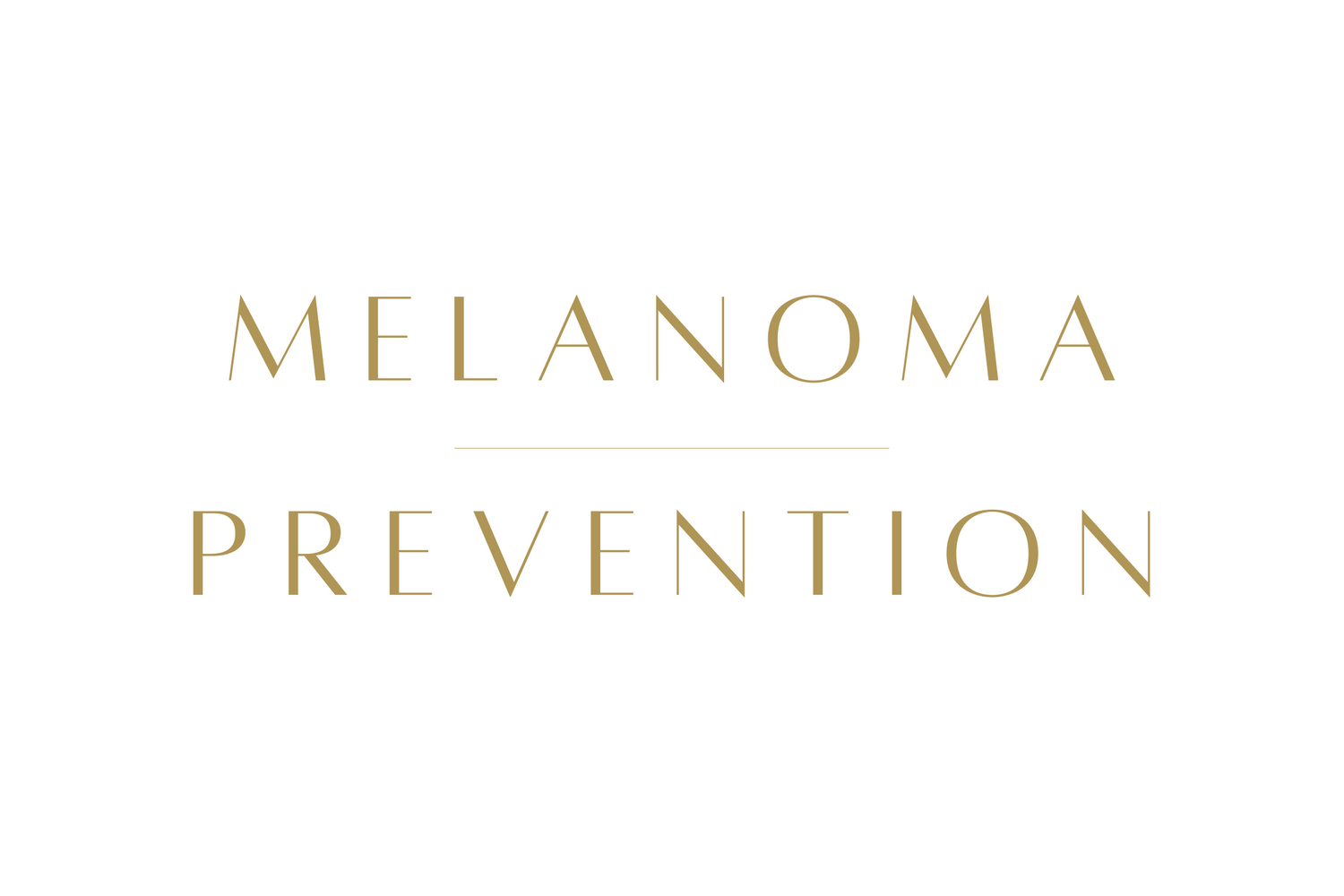
3 comments
Bookmarked. I love this one. Thank you for expressing information in such an interesting way.
Great post thank you
Your blog posts are becoming one of my favorite things to read during the week! Information is presented in a very refreshing way and there’s always something new / useful I’m learning. Keep it up !